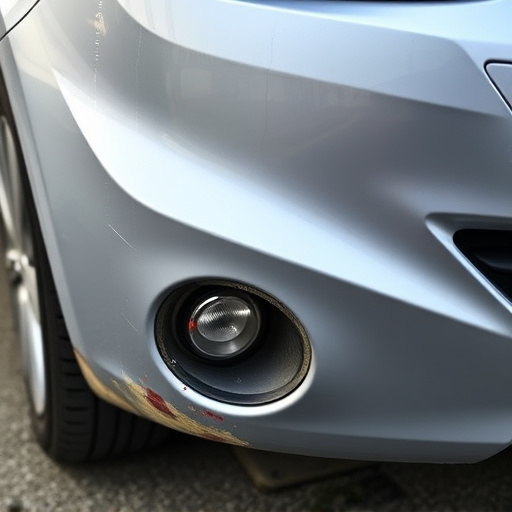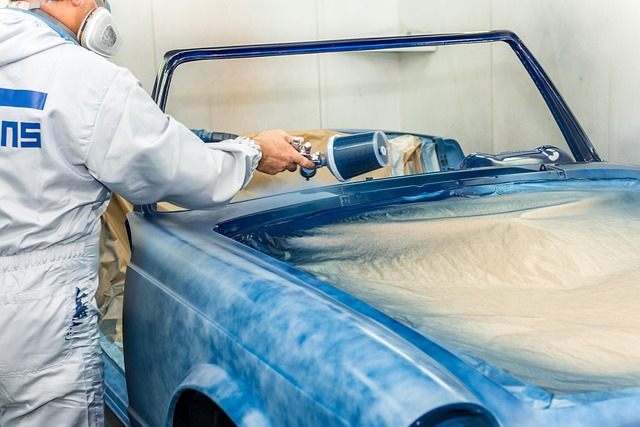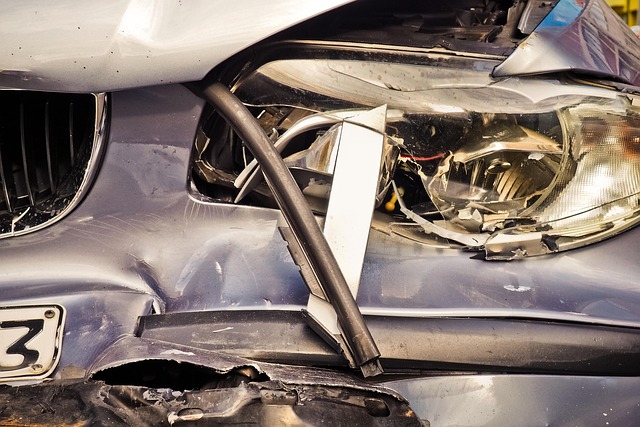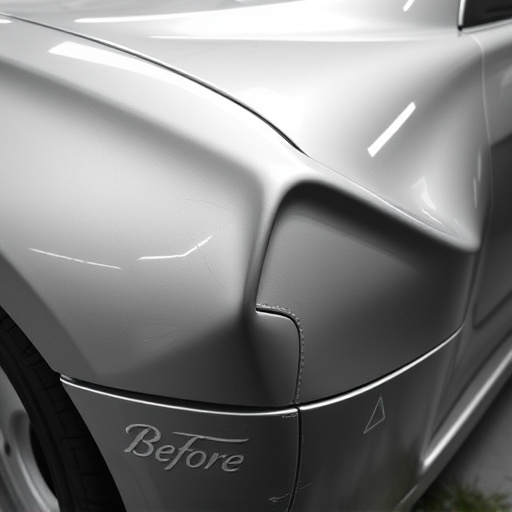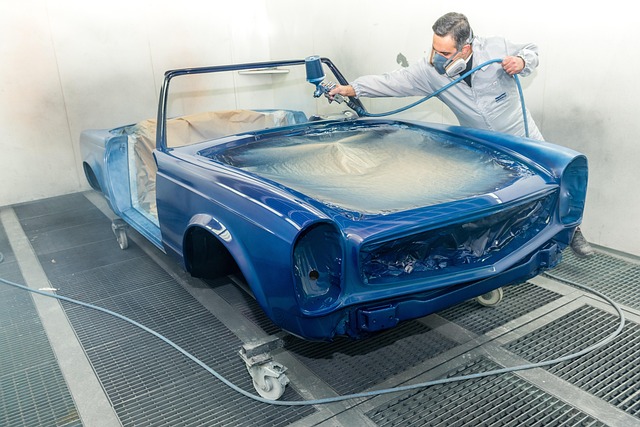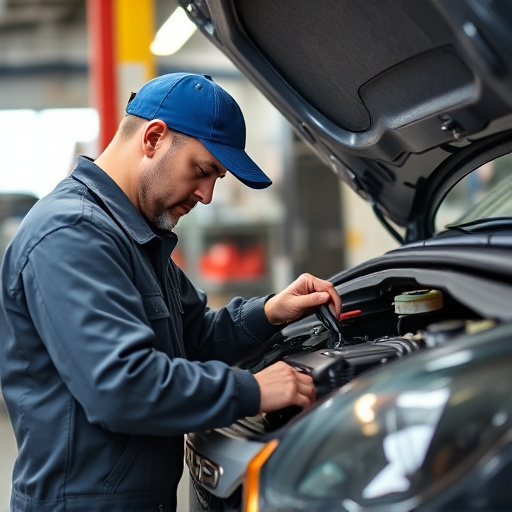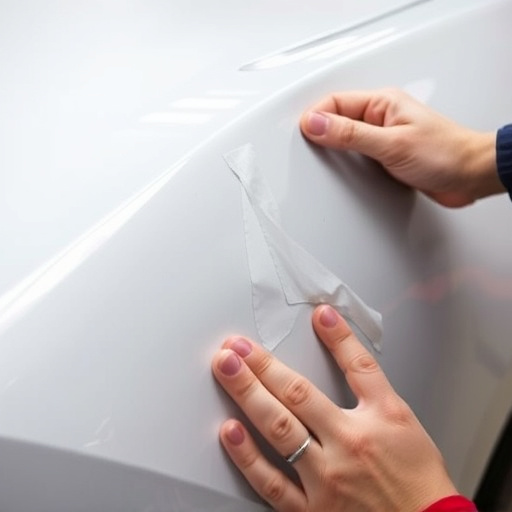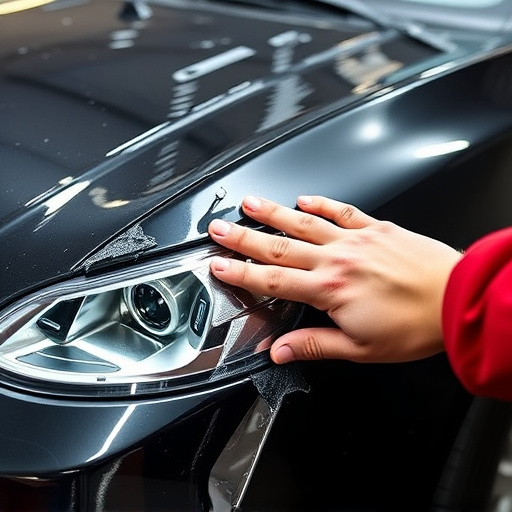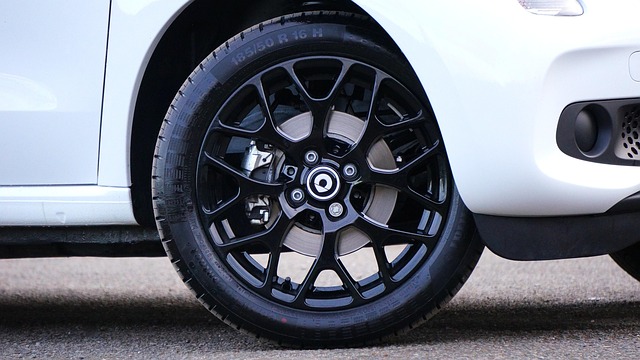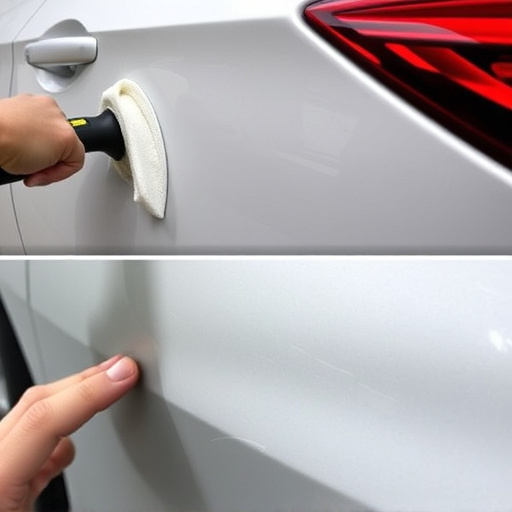State laws vary widely in regulations for vehicle frame inspection, requiring certified technicians to perform comprehensive assessments during maintenance or after collisions using advanced equipment. Non-compliance leads to legal issues and unsafe vehicles; proper inspections identify structural damage missed otherwise, ensuring road safety and adherence to mandated standards for repairs.
In today’s digital era, understanding state laws regarding vehicle frame inspection is crucial for safety and compliance. This comprehensive guide delves into the essential requirements for vehicle frame inspections across various states. From “Understanding Vehicle Frame Inspection Laws” to “Ensuring Safety Through Proper Inspections,” we navigate the intricate tapestry of regulations. Learn about state-specific guidelines, discover how to conduct thorough inspections, and emphasize vehicle safety in this authoritative article focused on vehicle frame inspection.
- Understanding Vehicle Frame Inspection Laws
- State-Specific Requirements and Regulations
- Ensuring Safety Through Proper Inspections
Understanding Vehicle Frame Inspection Laws

Understanding Vehicle Frame Inspection Laws is paramount for both vehicle owners and automotive professionals alike. Each state has its own set of regulations governing these inspections, primarily aimed at ensuring road safety and quality repairs. These laws dictate the frequency and methods used to assess vehicle frames, especially after accidents or significant damage. Failure to comply can lead to legal issues and unsafe vehicles on the road.
For instance, some states mandate that a certified technician perform a thorough frame inspection during routine maintenance checks or after a collision. This involves using advanced equipment to measure and analyze the vehicle’s structural integrity. In cases of severe damage, like in a Mercedes Benz repair at a specialized collision center, the focus shifts to precise fender repair and alignment to restore the car’s safety features and aesthetic appeal. Adhering to these state-mandated inspections is crucial for maintaining a safe driving environment and ensuring vehicles meet the required standards before returning to the road.
State-Specific Requirements and Regulations
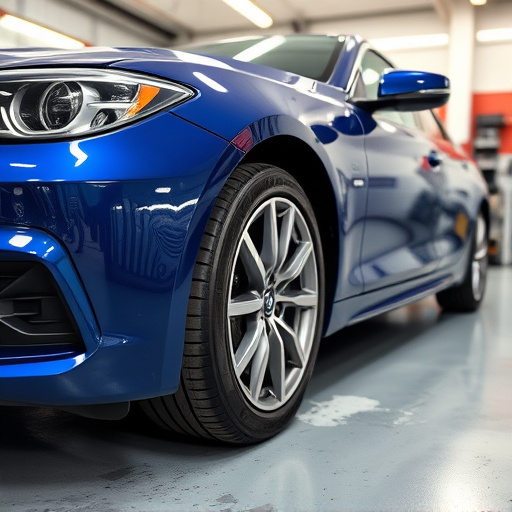
State laws regarding vehicle frame inspection vary significantly, creating a patchwork of regulations that automotive body shops must navigate. Each state has its own set of requirements and standards for these crucial auto inspections, which can impact everything from the tools used to the procedures followed during frame straightening and auto body repairs. For instance, some states mandate specific testing protocols for measuring frame damage, while others require certified inspectors with specialized training.
Understanding these state-specific regulations is essential for any automotive body shop aiming to operate legally and efficiently. Compliance ensures that vehicles are safely repaired, maintaining roadworthiness standards. By adhering to these laws, shops also protect themselves from legal repercussions and potential customer dissatisfaction stemming from substandard work due to regulatory non-compliance.
Ensuring Safety Through Proper Inspections

Proper vehicle frame inspections are paramount for ensuring safety on the roads. These checks play a crucial role in identifying potential structural weaknesses or damage that might go unnoticed otherwise. During an inspection, technicians scrutinize the vehicle’s frame for any signs of corrosion, weld issues, or misalignments, which could compromise its integrity and the overall driving experience.
State laws mandate these inspections to prevent hazardous conditions caused by faulty car frames. By adhering to these regulations, owners can not only guarantee their safety but also facilitate accurate assessments of necessary repairs, such as car damage repair or even auto body repair and restoration. Regular frame inspections are, therefore, a fundamental step in maintaining vehicles in optimal condition.
In conclusion, understanding and adhering to state-specific vehicle frame inspection requirements is paramount for ensuring road safety. By familiarizing yourself with the regulations in your area, you can guarantee that vehicles on the road meet stringent safety standards. Regular and proper vehicle frame inspections not only protect drivers and passengers but also contribute to the overall integrity of the transportation network. Always stay informed about local laws regarding these inspections to maintain a safe and reliable automotive environment.


